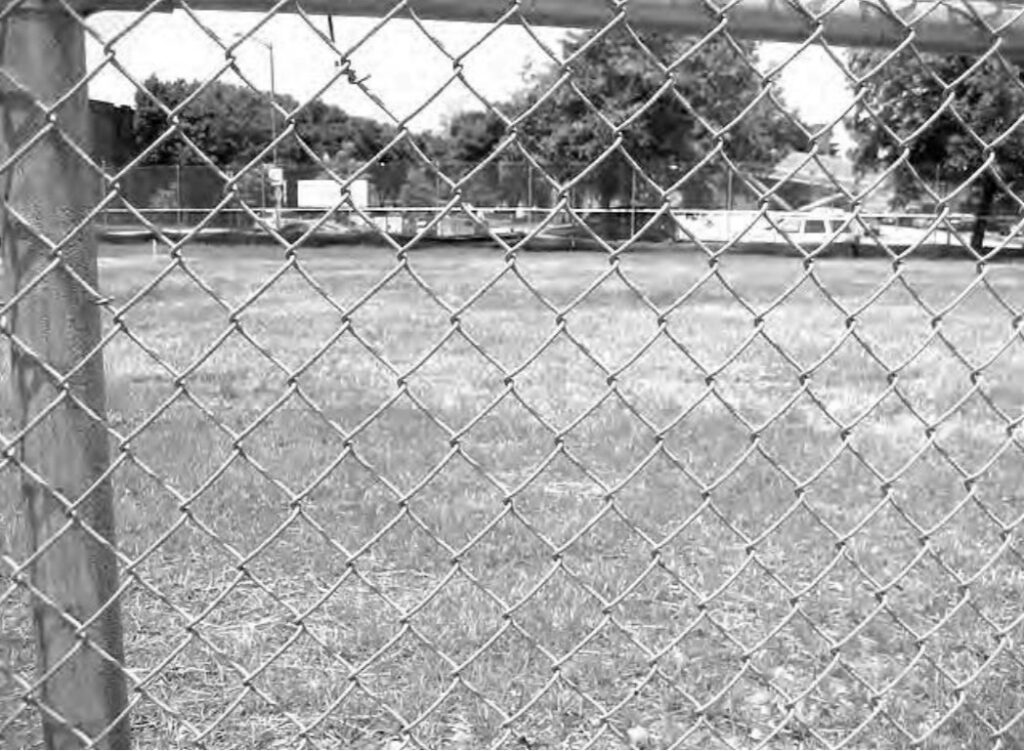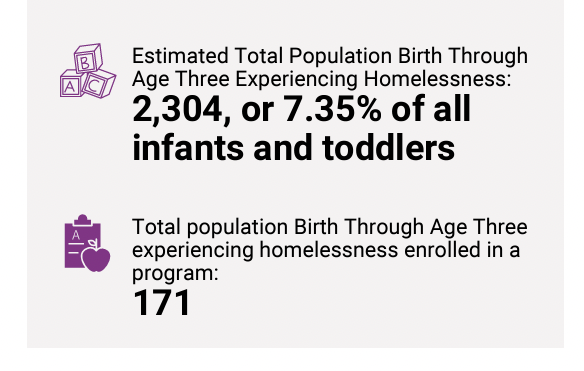Watha T. Daniel-Shaw Library opens, filling a two-year-long void
In an age in which the printed word is increasingly replaced by technology – books by e-books and newspapers by blogs – the public libraries of Washington continue to promote literacy and learning.
More than a century ago, in 1896, Congress established the District’s public library system to “furnish books and other printed matter and information service convenient to the homes and offices of all residents of the District.”
A single man, Theodore W. Noyes, was largely responsible for the new system. Noyes, like his father, served as editor–in-chief of the Evening Star and used his editorial pages as a sounding board to promote various initiatives to improve the quality of life for Washingtonians, including the founding of a public library system. After his tireless work to create the system, Noyes went on to serve as chair of the library’s board of trustees for 50 years.
Throughout its history, the library system has shown growth to better serve the metro community through the efforts of vocal advocates like Noyes. Early on, it was through the philanthropy of Andrew Carnegie – a major supporter of public libraries – that the system expanded, with the construction of a number of new libraries, including three that still stand today. Today, a total of 23 buildings stand in the system, yet expansion efforts still continue.
The library system has eight buildings either opening or currently under construction, including the new $15 million Watha T. Daniel-Shaw Library that opened Aug. 2 in a ceremony attended by Ward 2 Councilman Jack Evans, Chief Librarian Ginnie Cooper and Mayor Adrian Fenty, a continued advocate of the library system. Two new libraries are expected to open later this year: the Georgetown Neighborhood Library and the Tenleytown Neighborhood Library in October and December, respectively.
The system has grown not only in number of branches, but also in the services it offers. The term “literacy” refers not only to traditional reading and writing, but also to competency in the use of modern technology and business training. The Adult Literacy Resource Center offers basic literacy classes to residents aged 16 and up and provides resources and materials for teachers, tutors and students.
City libraries also offer free first-come, first-served computer skills classes, ranging from basic typing to a tutorial on how to use Monster.com to search for jobs. Such offerings, which cater to the increasingly inter-dependent relationship between technology and literature, are indicative of the system’s work to keep with the times while preserving its commitment to reading and learning.
Thanks to a $1.5 million grant from the American Recovery and Reinvestment Act, the public library system will be able to upgrade its Internet connections and add more than 1,000 computers at 30 locations for public access.
Not only is the library improving its technology to serve the changing needs of its patrons, it is also morphing to meet the demands of the changing climate. The new Watha T. Daniel-Shaw Library, for example, is expected to be LEED Silver certified for its environmentally responsible features, such as its EPA-funded vegetative roof.
However, the growth that has become a hallmark of the library system is endangered by budget cuts. This year, the library was forced to reduce its hours, with all neighborhood libraries closing on Sundays and reduced hours at the Martin Luther King Jr. Memorial Library on Mondays and Tuesdays due to a $4.8 million budget cut. Because the library system relies on tax revenue and private donations, its funding has been hit doubly hard during the recession, and the immediate future does not look much better.
The fiscal year 2011 budget of $35.7 million is a decrease of more than $4 million from the 2010 budget, while the system will experience cost increases for the operational costs of new libraries, salaries and employee benefits. June 1, the system began staff reductions to eliminate the equivalent of 23.5 positions, laying off 40 employees. No new library construction is planned for 2011.
The library, a familiar symbol of community and lifetime learning, may be facing fiscal plight, but it is making strides to adapt to the needs of D.C. residents, indicating that this is an institution that will not be phased out in the 21st century. After all, the public library offers two virtues that, though timeless, are hard to come by: getting something for free and the joy of losing oneself in a book.








